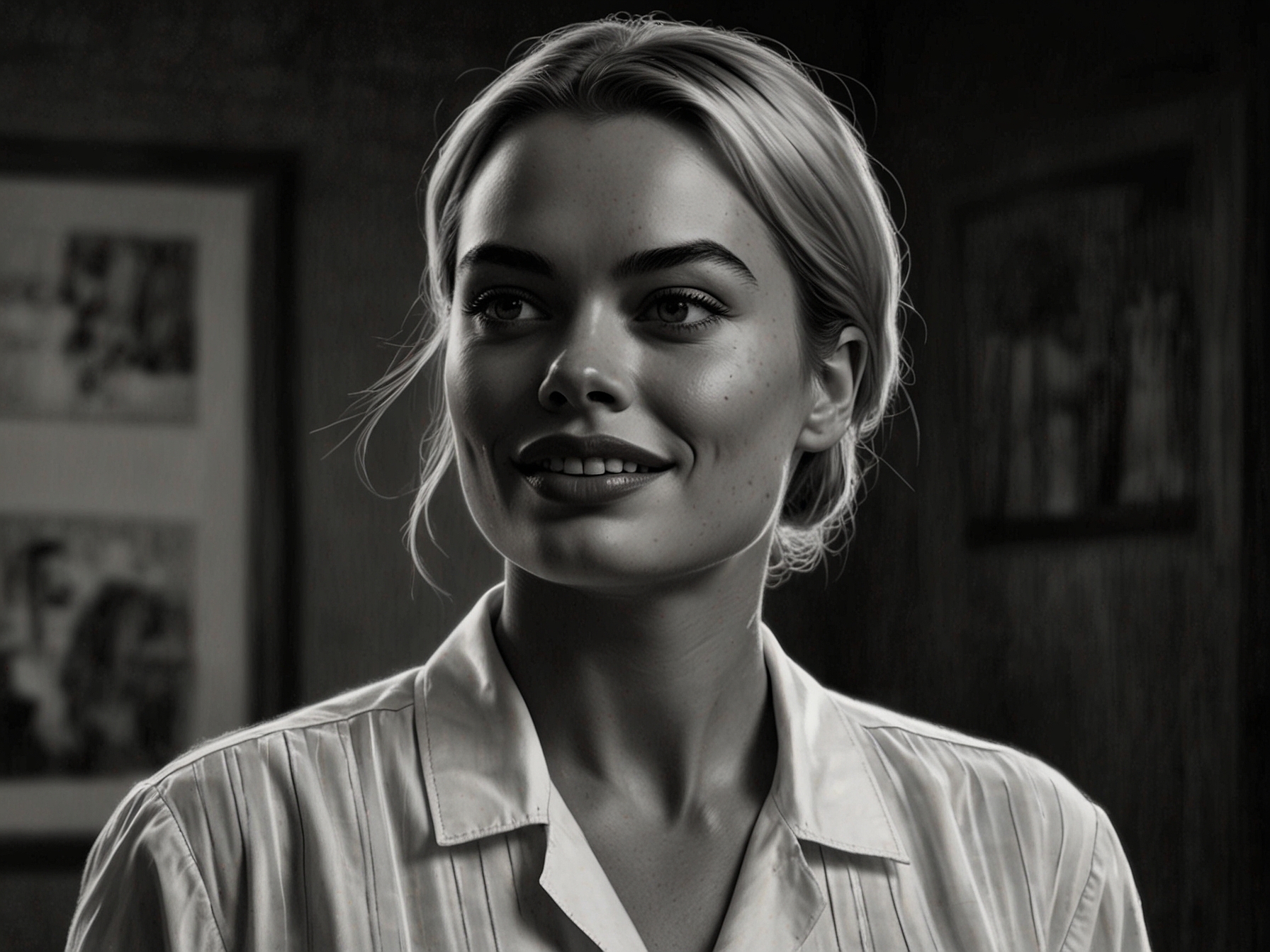Why do certain films disappoint while others thrive? It’s a question many of us have faced as movie lovers. If a film boasts stars like Margot Robbie and Brad Pitt, how can it possibly flop? Yet, this is precisely the perplexing journey of ‘Babylon.’ Margot Robbie recently shared her thoughts in a podcast interview. She was candid about her disbelief over the chilly reception of the 2022 film. On the “Talking Pictures” podcast, she said, “I am still saying that.” Her tone expressed a mix of confusion and frustration.

With a budget that hovered around $80 million, the film grossed a mere $15 million domestically. In a world full of superhero blockbusters, this is nothing short of a disaster. Robbie pointed out the irony of how some films age like fine wine. She cited “Shawshank Redemption,” which flopped at the box office but gained cult status over time. “I wonder if in 20 years people are going to be like, ‘Wait, “Babylon” didn’t do well at the time?’” This perspective is refreshingly relatable. We’ve all looked back at a movie or song and thought, “How did I not appreciate this sooner?”
Robbie played Nellie LaRoy, a role that demanded her all. She described working with director Damian Chazelle as an exhilarating experience. “Damian is so thorough,” she said. They explored countless accents to portray her character authentically. It was like a one-woman show! Can you imagine the challenges she faced? Trying to encapsulate different regional accents is no small feat. In total, Robbie presented Chazelle with 51 variations. It makes you wonder, how does an actor tap into the essence of a character so deeply?

Despite the effort, audiences didn’t connect with the film. Critics offered mixed reviews. Some saw brilliance in Chazelle’s ambitious vision. Variety’s Peter Debruge characterized it as “an exuberantly messy look at La La Land’s early days.” Others, however, found it a chaotic mishmash, and this division might have impacted box office numbers. What happens when a film struggles to resonate with viewers?
Chazelle himself has reflected on the film’s performance. He feels the weight of that failure. In the same podcast, he expressed uncertainty about his next project. “I won’t get a budget of ‘Babylon’ size anytime soon,” he admitted. The financial repercussions of this misstep cannot be ignored.

His revelation hit me personally. I often wonder how creatives balance their vision with commercial demands. When money is tight, does it stifle artistic expression? Perhaps Hollywood is at a crossroads, where the old ways are being challenged by evolving viewing habits. Could this be a turning point for filmmakers?
At its core, “Babylon” tells a story of adaptation. It reflects real Hollywood struggles as the industry transformed from silent films to talkies. But was that story lost on viewers? Perhaps audiences craved more straightforward narratives, something easier to digest in an age filled with fast-paced entertainment.
Yet, can we fault filmmakers for experimenting? Isn’t this what art is about? Maybe the future will look back on “Babylon” as a brave, if flawed, attempt. It’s a reminder that creativity isn’t always rewarded in real time. Who knows? In two decades, perhaps “Babylon” will stand as a classic. It may just take time for the audience’s hearts to catch up to the art.
So, why do films like “Babylon” divide us? Maybe it’s because art pushes boundaries. It asks us to feel, react, and sometimes, resist. And perhaps that’s the real beauty of cinema—its ability to spark conversation, even when it doesn’t resonate. We must carry these discussions forward, celebrating all the successes and failures along the way.




